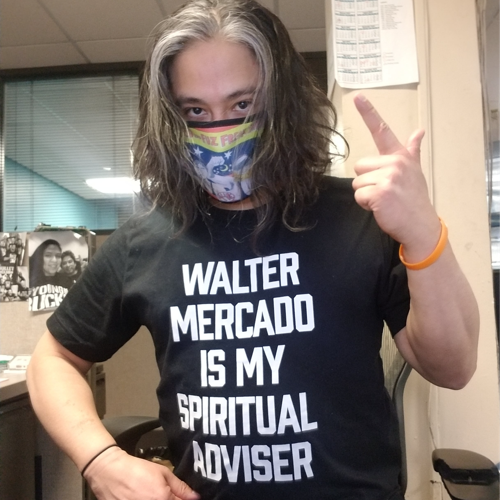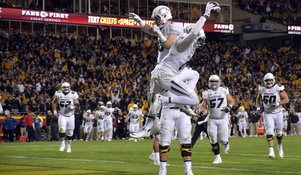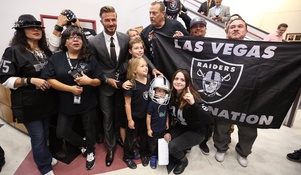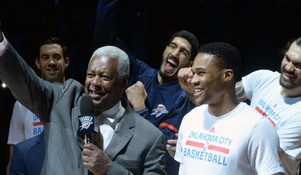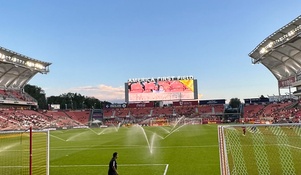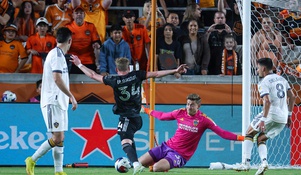FIFA Scandal Clouds Future of Copa America Centenario & World Cup
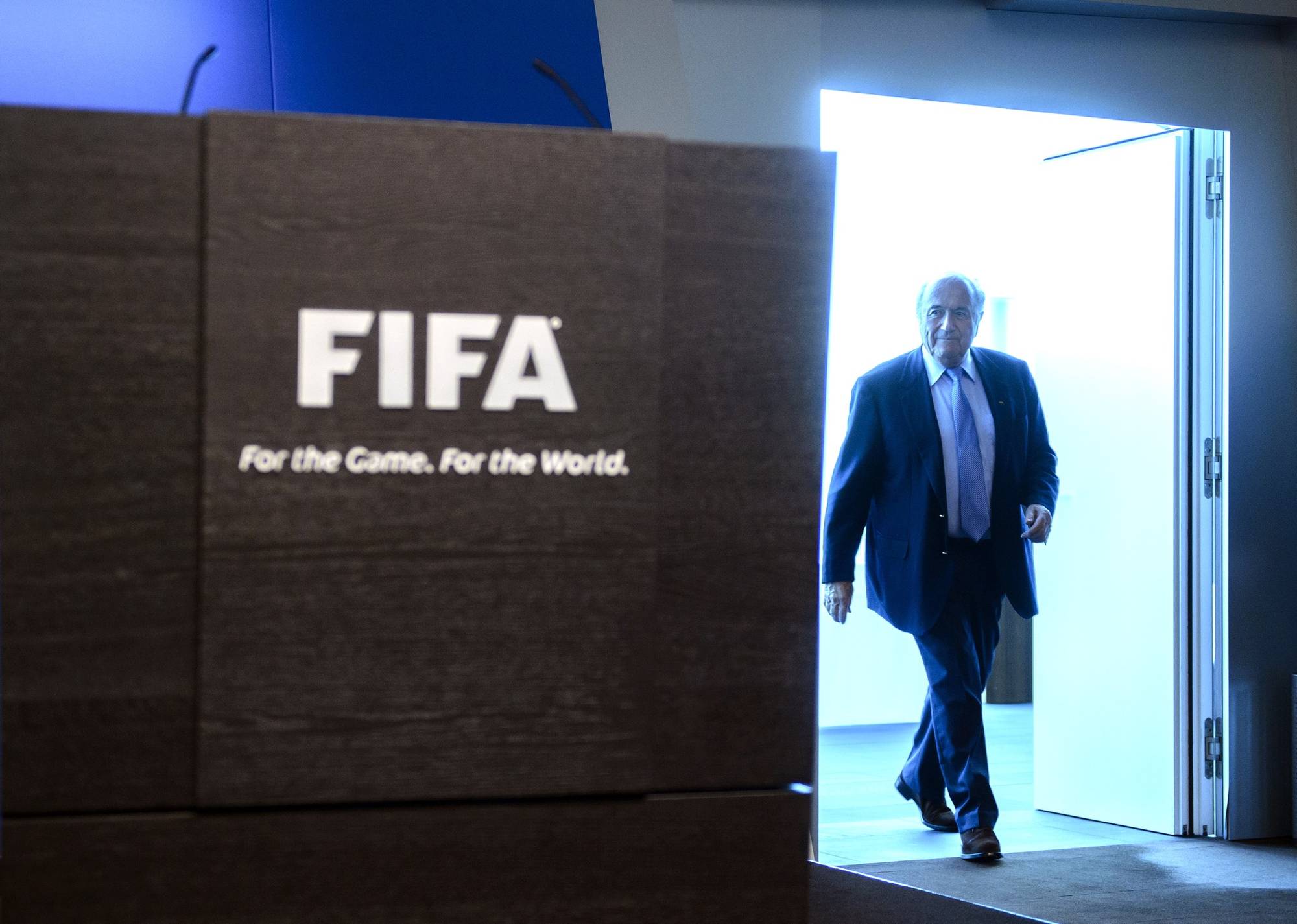
While most long-time soccer fans loudly say that Sepp Blatter's fall from grace was inevitable, it still came as a huge surprise for most.
Blatter recently announced he would step down from his position as president of FIFA, as the United States Federal Bureau of Investigation (FBI) slowly ties a legal noose around his neck, patiently building a federal case after the arrest of seven executive members of the international soccer governing body's hierarchy prior to the start of the 65th FIFA Congress in late May.
The U.S. Department of Justice is alleging that 14 people, including nine current or former FIFA figures and five people in the sports marketing business, handled more than $150 million in bribes and kickbacks over two decades, establishing "a culture of corruption and greed that created an uneven playing field for the biggest sport in the world."
The Confederation of North, Central American and Caribbean Association Football (CONCACAF) -- which oversees soccer matters in North America, Central America and the Caribbean -- is heavily involved considering the arrests of Jeffrey Webb (President of the Cayman Islands Football Association, President of CONCACAF and FIFA Vice President), and Jack Warner (former President of CONCACAF and Former Vice President of FIFA).
Former CONCACAF General Secretary, Chuck Blazer, helped the U.S. Department of Justice build their case against the 18 men involved in the investigation, after pleading guilty in 2013 to racketeering conspiracy, wire fraud conspiracy, money laundering conspiracy, income tax evasion and failure to file a Report of Foreign Bank and Financial Accounts.
Blazer, who facilitated bribes in the bidding process for the1998 and 2010 World Cup hosts bids as well as took and bribes and kickbacks to help sell the broadcast and sponsorship rights to the CONCACAF Gold Cup from 1996-2003, agreed to plead guilty to 10 counts and wear a wire at high-level FIFA meetings in exchange for the U.S. government to not recommend a specific sentence for his crimes and also accepted a reduction on some of the charges. Blazer's intel is believed to have helped the FBI build their case that led to May's arrest in Zurich.
Blatter managed to win his re-election bid for a fifth time, beating out Asia's president of FIFA Prince Ali bin al-Hussein of Jordan, to retain control of the organization, telling voters that, "I am being held accountable for the current storm, so be it, I will shoulder the responsibility. I will take it upon myself and I want to fix FIFA together with you."
Blatter would end up calling for new elections four days later as more information revolving the FBI's investigation continued to trickle out into the public, including allegations FIFA Secretary General Jerome Valcke helped facilitate a $10 million bank transaction that is a focal point in the FBI's case.
"Although the members of FIFA have given me the new mandate, this mandate does not seem to be supported by everybody in the world of football," said Blatter during his press conference.
Blatter's departure leaves behind several messes that the next FIFA president must clean up rather quickly. Among the issues that need addressing are:
1) Copa America Centenario
The Copa America Centenario, which was set to commemorate the tournament’s 100th anniversary faces the possibility of cancellation. Preparations for the Copa America Centenario may be used as evidence in the FBI's investigation considering that former CONMEBOL (the South American soccer governing body) presidents Eugenio Figueredo and Nicholas Leoz were among the 11 arrested.
The 160-page indictment revealed that a $110 million bribery scheme was set up to help secure media and sponsorship rights to that event. With recent arrests, the tournament remains in limbo as CONMEBOL and CONCACAF officials scramble to decide what are the next steps.
"Right now, the president of one of the confederations has been arrested; right now the companies that hold the rights have their bank accounts frozen," said Secretary-General of CONMEBOL Luis Meiszner to the Wall Street Journal.
2) 2018 World Cup
Russia's bid to host the 2018 World Cup is also under the FBI's microscope, further straining tense political relationships between the two former Cold War enemies, especially in light of the Russian government giving American fugitive Edward Snowden refuge and their military involvement in Ukraine that has led to economic sanctions. Russian president Vladimir Putin has defended how his country went about winning the host bid, saying that the American investigation is, "another blatant attempt by the United States to extend its jurisdiction to other states."
U.S. Senators John McCain (R-AZ) and Richard Durbin (D-IL) have requested that FIFA strip Russia of their hosting duties in light of the investigation and the economic sanctions. While Domenico Scala, the independent chairman of FIFA’s audit and compliance committee, has promised to relocate the tournament if it is proven the hosting rights were attained through dubious means, Putin remains confident his country will retain the 2018 World Cup hosting rights.
"If anyone has evidence, let them present it. We won in a fair fight and are going to host the World Cup," said Putin. "We fought in an honest manner and we won. We do not think the decision should be questioned."
3) 2022 World Cup
Between the tournament being moved to the winter season due to the desert heat and the slave labor being used to build the facilities needed to host the tournament, Qatar was already under scrutiny prior to the FBI's investigation. Despite international pressure mounting to move the tournament out of the Middle Eastern country, FIFA has insisted Qatar will host the 2022 World Cup.
"[Blatter] has promised that no matter what, that Qatar [award] will not be withdrawn," said James Dorsey, senior fellow at S. Rajaratnam School of International Studies, to CNBC. "Any revisiting of the bid would have to be driven by the legal implications with what's going on in the U.S."
Stripping Qatar of hosting the World Cup may not come without some potential political collateral damage for the U.S considering America's position on various Middle Eastern affairs. Qatar's former ambassador to Washington, Nasser bin Hamad al-Khalifa, believes that moving the 2022 World Cup out of Qatar, "will be seen by hundreds of millions of Arabs and more than a billion Muslims and other west Asians as proof of the west's bad faith."
4) 2026 World Cup Bid
FIFA was originally scheduled to take bids for 2026 World Cup hosting rights in 2016 with an announcement scheduled for May 2017.
But the FBI's investigation has caused a postponement of the bidding process, forcing the U.S., Mexico, Canada, Colombia, Australia / New Zealand, Morocco, Kazakhstan, and China to hold off on bids as the soccer organization deals with the fallout of the FBI investigation. With all all the controversy surrounding the 2018 and 2022 World Cup tournaments, there will likely be huge changes in the bidding process.
"We have been working on a level of requests for the 2026 FIFA World Cup and there was a decision to allocate this World Cup in 2017 and to start the bidding process sooner," said Valcke at a press conference promoting Russia's 2018 World Cup. "Due to the situation I think it is a nonsense to start any bidding process for the time being and we will postpone this bidding process for the time being."
These unresolved issues will continue to fester until Blatter is replaced. FIFA rules dictate that members must be given at least four months notice to meet up and elect a new president. Scala stated that elections will likely be held sometime between December 2015 and March 2016, giving Blatter an opportunity to tie up loose ends. Adding to the drama is the ambiguity of Blatter's resignation, dropping hints he may run again, saying that , "I did not resign, I put myself and my office in the hands of the FIFA congress."
The delay buys Blatter time to prepare for the U.S. federal case against him, including hiring the services of Richard Cullen -- the chairman of the law firm McGuireWoods and a former U.S. federal prosecutor. Cullen's previous experience includes defending former majority leader of the U.S. House of Representatives Tom DeLay against corruption charges during the investigation into lobbyist Jack Abramoff.
Whoever steps into Blatter's shoes -- whether it is Prince Ali, UEFA President Michel Platini of France or former FIFA World Player of the Year Luis Figo -- has their work cut out for them, including cleaning house and sorting out the business interests of the world's most popular sport.
The scrutiny on the organization will only get worse, especially with Swiss attorney general Michael Lauber opening up a money laundering case against FIFA as they look into the bids to host the 2018 and 2022 World Cup tournaments on top of the FBI's case. Restoring the faith in the world soccer organization, considering how fans and sponsors readily accepted the shady ways FIFA operated for the longest time, will not be an easy task for whomever replaces the disgraced FIFA president. Scala is urging Blatter to clear up his resignation so that FIFA can get back to business.
"The times of flirting with the power are definitely gone," said Scala. "I call on all concerned, including Mr. Blatter, to endorse in the interest of the reforms unequivocally the announced changing of the guard at the top of FIFA."
Follow Ed Molina at @GlobalEd718

